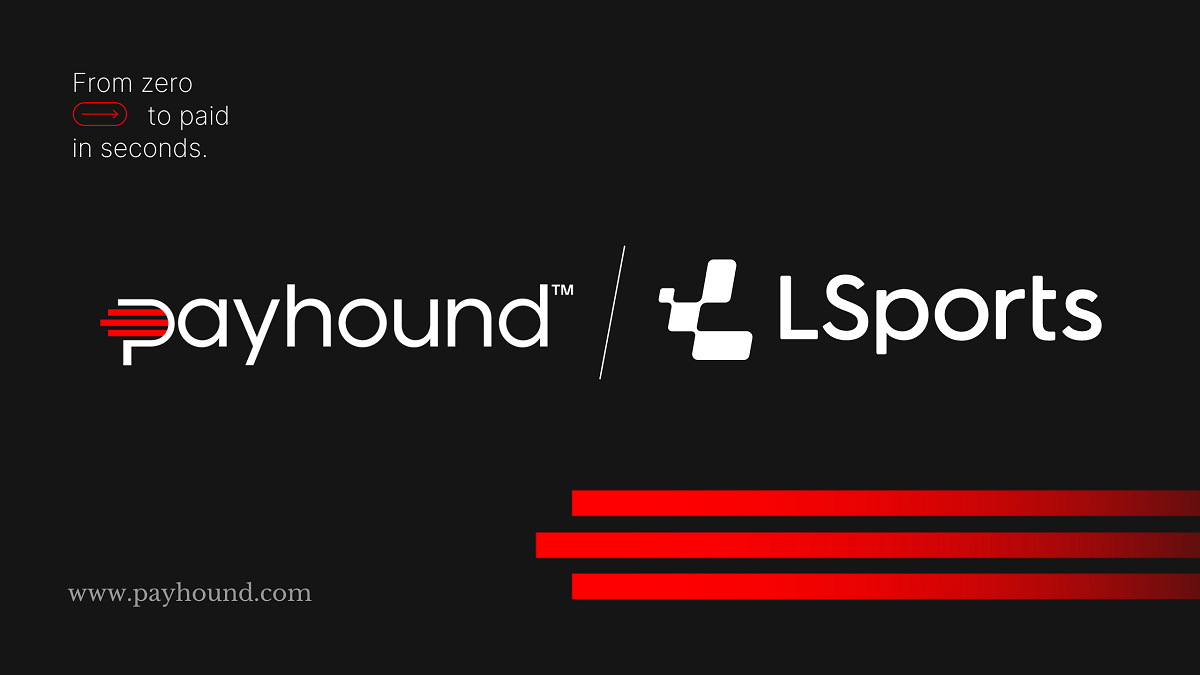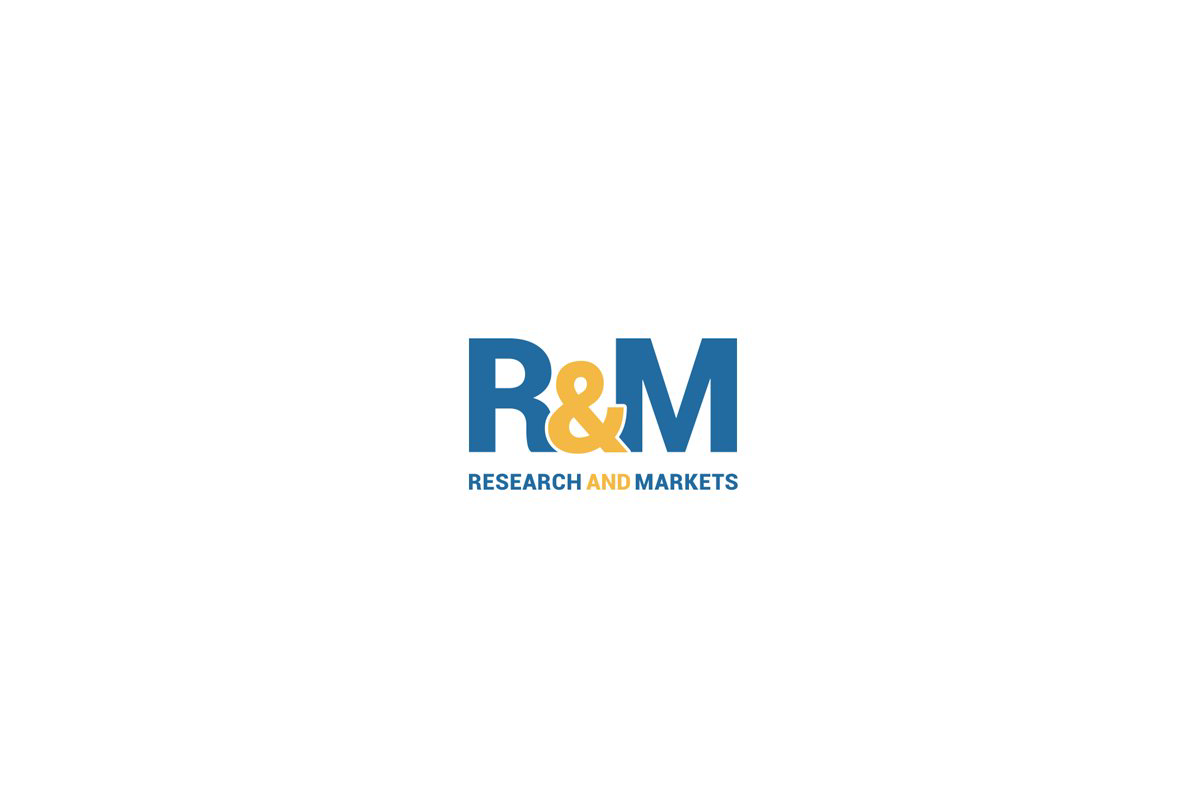Cryptocurrency
Messi’s Missing Crypto Millions

Poor old Lionel Messi. It’s not exactly going to plan on the pitch for him yet at PSG. And off it – well let’s say he’s not cracked the crypto game either.
In the summer he agreed to be paid part of his signing-on fee in his new club Paris Saint-Germain’s own fan token. With cryptocurrencies at the start of a record-breaking run, it looked like a sure-fire way for the world’s best footballer to make more millions.
But it hasn’t worked out that way, according to analysis from Cloudbet.com the world’s oldest crypto sportsbook.
Messi’s unexpected transfer from cash-strapped Barcelona was announced on 10th August. He signed up for free, in a move designed to get his huge million-dollar weekly wage off Barca’s books. League bosses were penalising them for their abject failure to keep the club’s deficit within permitted parameters.
The vastly wealthy PSG were so delighted to land the world’s biggest football star that they paid him an interesting signing-on fee.
Part of his “welcome pack”, they said, would be paid in cash as normal, but in a first for football, part of the fee would be gifted to him in PSG fan tokens.
Messi could be forgiven for looking kindly on PSG’s offer. The club’s token had almost tripled in value from the start of August to a record on the day of the Messi announcement.
Traders at Cloudbet took a deeper dive into the deal to assess how the Argentinian maestro’s signing-on fee is looking now.
On 10th August, the PSG token was valued at $49.83.
Media speculation across the continent suggests Lionel Messi was gifted one million euros worth of tokens. On that day the Euro-USD exchange rate was 1.17. So let’s estimate that PSG’s wealthy Qatar owners gave him $1.17m worth of tokens.
Trading at $49.83, this means Messi would have received 23,480 PSG tokens.
So how much money has Lionel Messi made from this deal? Well, as of today things aren’t looking terribly good. The PSG token recently traded at…. $19.02
That defeat by Man City hasn’t helped PSG or it’s cryptocoin’s value.
If Messi had received what is speculated to be one million euros in fan tokens on 10th August, his estimated 23,480 tokens would now be worth… $453,436
Which means if he cashed it in now it would only be worth 40% of what it was worth on the day that he signed for PSG!
American football stars like Aaron Rogers might be in the news for all the wrong reasons right now, but they’ve made headlines for being early adopters of Bitcoin salaries. If Messi had embraced BTC he’d be a lot richer.
Back on 10th August 2021, BTC was trading around $45,600.
And now? It’s at $58,000, a +25% rise. That $1.17m signing-on gift would now be around $1,460,000 – more than a million dollars more than the fee is worth in PSG tokens.
Cryptocurrency
Payhound empowers LSports with a seamless solution to receive payments

Fintech crypto company Payhound has been facilitating leading data provider LSports to accept payments from its clients.
As the premier data provider, LSports offers real-time sports data, providing operators with a competitive edge in the sports betting saturated market. By using Payhound’s solution, LSports can conveniently receive payments from its clients, significantly enhancing operational efficiency.
Established in 2018, Payhound’s mission is to enable businesses to handle cryptocurrencies with the same ease, security, and transparency as dealing with fiat currency. Through crypto, Payhound offers fast and efficient international payments, with security being a fundamental principle in all its operations.
Commenting on the partnership, a spokesperson for LSports stated: “Partnering with Payhound to optimize our payment solutions signifies a significant advancement in our global business strategy. This collaboration enables us to conduct transactions swiftly and securely, further bolstering our position as a premier data provider in the industry.”
Elton Dimech, Managing Director at Payhound, added: “We are delighted to service LSports.Through our platform, clients like LSports can easily receive payments, have such funds instantly converted into fiat, and as a result, greatly improve their operations and availability of funds. We look forward to continuing to be their reliable crypto partner in the future.”
Payhound is licensed by the Malta Financial Services Authority (MFSA) and is a holder of a Class 3 VFA License under the Virtual Financial Assets Act of 2018. The company has recently revealed its achievement of ISO 27001 certification for the second consecutive year.
Cryptocurrency
SOFTSWISS Named Crypto Company 2024

Crypto Company of the Year was announced at the International Gaming Awards in London. SOFTSWISS, a leading technology company with 15+ years of experience in the industry, gets this title for the second year in a row.
Marking the beginning of ICE London, the awards ceremony has brought together top names in the iGaming industry to honour their achievements. The International Gaming Awards not only unites experts and gaming enthusiasts worldwide but also serves as the pinnacle charity event of the year.
The Crypto Company of the Year category recognises companies that create innovative experiences for clients in the gambling sector with a focus on crypto. The winner is determined by evidence showcasing the company’s standout performance in the crypto space compared to competitors. Reconfirming the previous year’s success, SOFTSWISS emerged as the Crypto Company of the Year for the second time in a row.
Securing the title of Crypto Company of the Year comes naturally to SOFTSWISS, the trailblazer in introducing crypto-friendly solutions for online gaming. Beginning with Bitcoin, SOFTSWISS has expanded its cryptocurrency offering to nearly 20 digital coins since 2013.
In its dedication to improving player experience, SOFTSWISS introduced the In-Game Currency Conversion feature. The innovation allowed players with crypto holdings to engage seamlessly in games originally tailored for fiat only. One year post-launch, 85% of all bets in crypto casinos powered by the SOFTSWISS Casino Platform were made via the feature.
As an expert in crypto-friendly solutions, the company shares its expertise through the quarterly State of Crypto reports and topical podcasts. This helps raise awareness among all stakeholders, offering essential insights for strategic decision-making.
Andrey Starovoitov, Co-CEO at SOFTSWISS, shares: “We are delighted to receive this award, and it signifies more than just recognition for our recent achievements. The title of Crypto Company of the Year holds deep meaning for those who led the way in integrating digital currencies into iGaming, actively advocate for crypto solutions, and generously share expertise in this field.”
About SOFTSWISS
SOFTSWISS is an international tech company supplying software solutions for managing iGaming projects. The expert team, which counts over 2,000 employees, is based in Malta, Poland, and Georgia. SOFTSWISS holds a number of gaming licences and provides one-stop-shop iGaming software solutions. The company has a vast product portfolio, including the Online Casino Platform, the Game Aggregator with thousands of casino games, the Affilka affiliate platform, the Sportsbook Platform and the Jackpot Aggregator. In 2013, SOFTSWISS was the first in the world to introduce a Bitcoin-optimised online casino solution.
Cryptocurrency
Casino Market Industry Forecast Reveals Surge to $165.72 Billion by 2028 with Digital Transformation and Cryptocurrency Integration

The “Casino Global Market Report 2024” report has been added to ResearchAndMarkets .com’s offering.
The latest report on the global casino market highlights significant growth, with expectations for the industry to swell from $131.42 billion in 2023 to an impressive $165.72 billion by 2028, at a compound annual growth rate (CAGR) of 4.6%. The report offers a comprehensive analysis of current market dynamics, future trends, and potential opportunities, positioning it as an essential resource for stakeholders in the casino sector.
The casino industry, experiencing a renaissance through digitization and a shift towards online gambling, is witnessing the rising popularity of cryptocurrency casinos. Innovations, alongside a deepened focus on responsible gambling, are propelling market growth, drawing attention from both established players and new entrants.
Key Market Dynamics Influencing Growth
- Online Gambling Expansion
- Smartphone Proliferation
- Innovative Casino Products
- Strategic Industry Partnerships
The report underscores the growing dominance of the Asia-Pacific region in the global casino market, bolstered by evolving consumer behaviors and burgeoning tourism sectors. The detailed geographic assessment provides strategic insights into the vitality of various regions within the industry.
Gambling machines, gaming tables, and novel casino experiences are discussed in the report. The document leverages industry-specific metrics to provide a nuanced understanding of segment performance, addressing both offline and online modalities.
Industry Leaders Making Strategic Moves
With major corporations like 888 Holdings PLC and Caesars Entertainment Corporation, the casino market is rife with tactical mergers, acquisitions, and partnerships aiming to solidify market positioning and leverage collective strengths.
The global casino market research report presents in-depth market analysis, reflecting cutting-edge industry trends such as the integration of advanced gaming technologies. It also spotlights operational strategies and expansion plans of front-runners in the gambling domain.
This comprehensive research report is poised to be an indispensable tool for industry investors, strategists, and stakeholders planning to navigate the complex terrain of the casino industry with data-driven confidence.
The casino market research report is devised to serve a diversity of informational needs, offering a meticulous examination of the interplay between market forces, technological advancements, and consumer preferences shaping the future of gambling worldwide.
Please note, the market value detailed in the report represents the actualized revenues recognized by entities within the industry over the specified period and geography.
A selection of companies mentioned in this report includes
- 888 Holdings plc
- Boyd Gaming Corporation
- Caesars Entertainment Corporation
- Melco Resorts and Entertainment Limited
- Delaware Park Casino & Racing
- Eldorado Reno Resort Casino
- Foxwoods Resort Casino
- Galaxy Entertainment Group Ltd.
- Golden Nugget Atlantic City Hotel Casino & Marina
- Harrington Raceway & Casino
- LC International Limited
- MGM Resorts International
- Palms Casino Resort
- Penn Entertainment Inc.
- Bally’s Corporation
- Churchill Downs Incorporated
- Genting Group
- Golden Entertainment Inc.
- Hard Rock International Inc.
- SJM Holdings Limited
- Station Casinos LLC
- Star Entertainment Group Limited
- Tropicana Entertainment Inc.
- Wynn Resorts Limited
- Las Vegas Sands Corp.
- Red Rock Resorts Inc.
- Eldorado Resorts Inc.
- Monarch Casino & Resort Inc.
- Pinnacle Entertainment Inc.
- Isle of Capri Casinos Inc.
-

 Asia6 days ago
Asia6 days agoOnlyplay Enters into Strategic Partnership with Ritchie Rabbit
-

 Interviews6 days ago
Interviews6 days agoTom Galanis: giving a First Look at the Top of the Slots
-

 Australia6 days ago
Australia6 days agoCrown Reinstated at Sydney Casino
-

 Baltics5 days ago
Baltics5 days agoEvoplay bolsters presence in Lithuania with Betsafe deal
-

 Compliance Updates5 days ago
Compliance Updates5 days agoEGBA Welcomes European Parliament’s Approval Of New EU Anti-Money Laundering Framework
-

 Interviews5 days ago
Interviews5 days agoThe Full Spectrum Strategy: How Betting on Both Popular and Lesser-Known Sports Pays Off
-

 Gambling in the USA6 days ago
Gambling in the USA6 days agoNebraska’s First Permanent Casino to Open in May in Columbus
-

 Conferences in Europe5 days ago
Conferences in Europe5 days agoCasinoBeats Summit 2024: Providing the Tools to Balance Innovation and Regulation in the Digital Age






















































